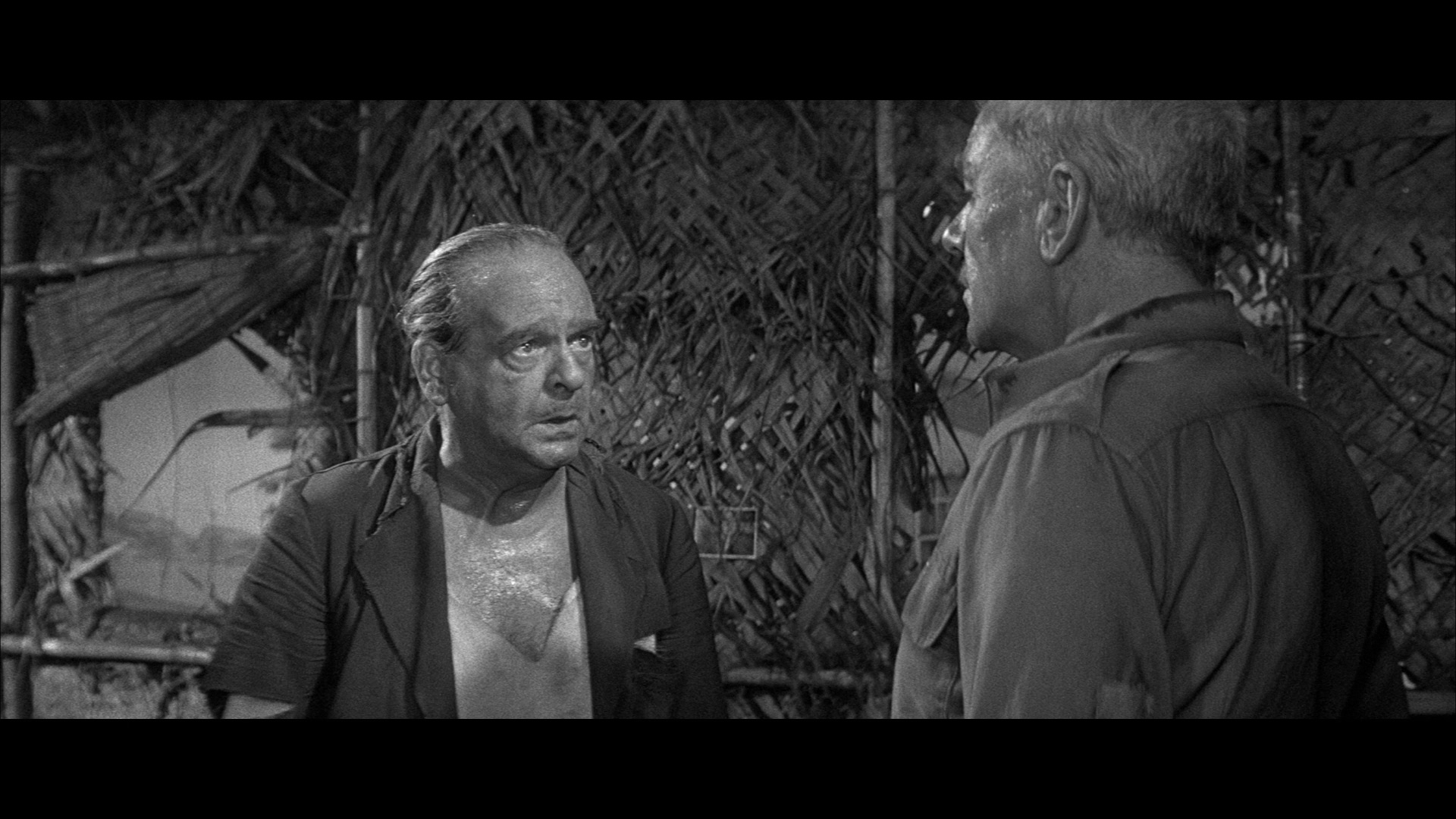

Oral history interview with Eddie WillnerĮddie Willner, born on Augin Germany, describes how his father had felt that his family would be safe because he had fought in the German Army in World War I being separated from his parents and sent on a train to Brussels, Belgium, where a Jewish refugee organization placed him with a Dutch family his parents’ move to Belgium in 1939 and seeing them on weekends until the war broke out in May 1940 the arrest of his father and his deportation to an internment camp in France remaining with his mother and tracking down his father in the Pyrenees Mountains living in the house of a French priest getting caught with false identification cards with his family and being sent to Drancy his deportation out of France and toward the east on Septemarriving in Auschwitz, where his mother was immediately gassed while he stayed with his father his transfer to a work camp in Lazy, Poland, where he worked on reconstructing bombed-out railroads enduring harsh conditions, especially in the winter months losing his religious faith after the war returning from his work detail one day to discover that his father had been selected for the gas chamber during the day the bombing of the train on which he was being transported to Buchenwald, escaping, and being liberated by American troops staying in the Frankfurt displaced persons camp and then searching for his family in Brussels after the war and immigrating to the United States in December 1947. Harry Ebert discusses his childhood in Heidelberg, Germany moving to Mannheim, Germany, where his father joined his grandfather’s law firm attending two private boarding schools in Italy, one near Milan, Italy his experiences in Italy leaving Italy in 1938 and returning to Mannheim attending a Jewish boarding school in Germany his sisters’ escape to Holland, Netherlands with family friends leaving on the Kindertransport in January 1939 his father’s arrest and internment in Dachau how the bishop of Lichfield, England sponsored his father’s release traveling to Rotterdam, Netherlands staying in quarantine in Rotterdam living in Holland until April 1940 training in the oil and gas field while living in the Netherlands how his father went to England while his mother stayed in Germany the deportation of his mother and maternal grandparents to a camp in Gurs, France traveling from the Netherlands to England immigrating to the United States with his family settling in Manhattan, NY and later moving to Ohio entering the Army Specialized Training Program training at Camp Ritchie in Maryland his experiences being stationed in Germany with the US Army from 1945 until 1947 working as an investigator in the Nuremberg Trials investigating Alfred Krupp’s wartime activities his career in the military his extensive experiences while stationed in Europe his experiences with war crime trials his career in America experiences living and working abroad and speaking publicly about his career after World War II.


 0 kommentar(er)
0 kommentar(er)
